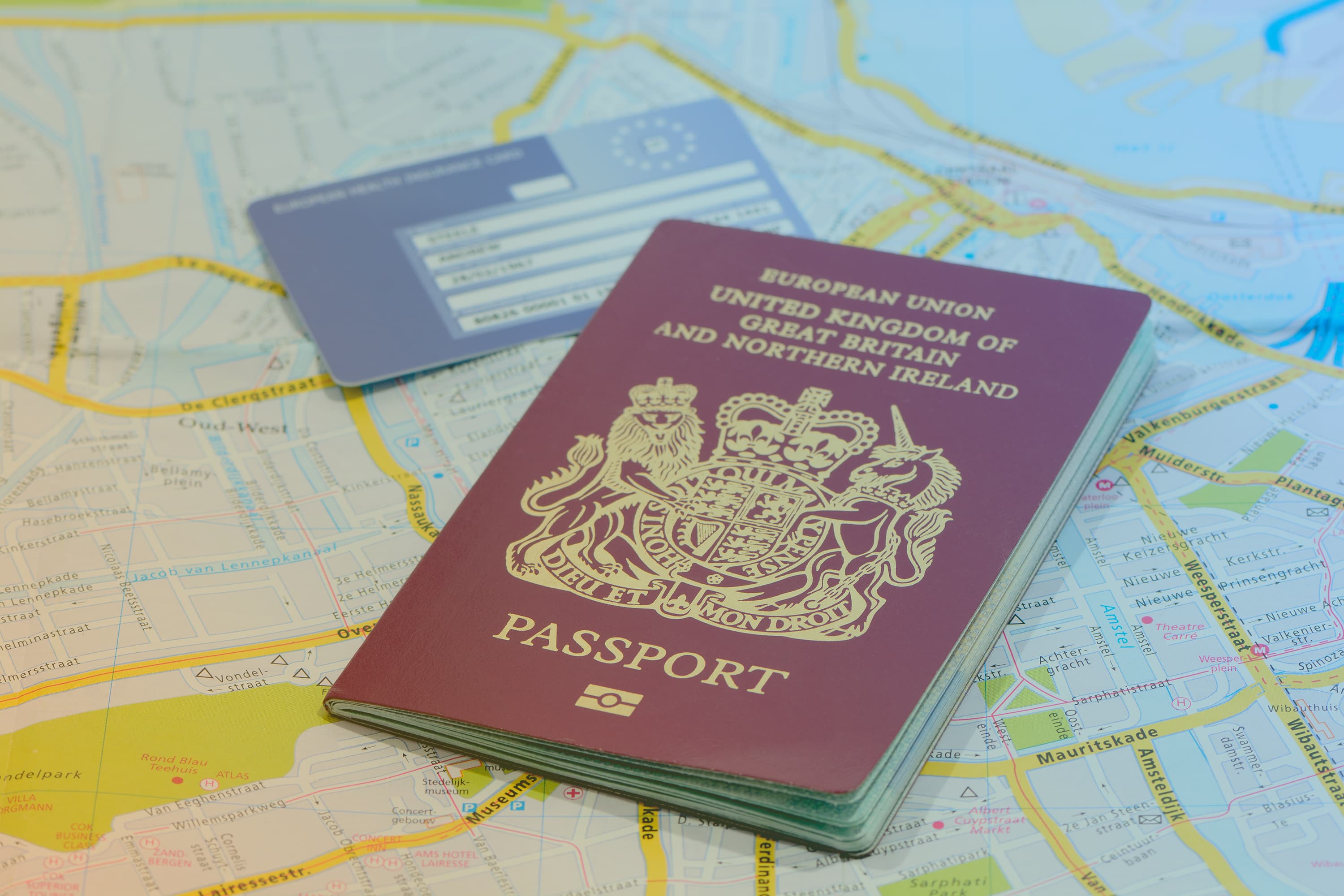One of the most common myths we hear is around DBS check results – namely that they issue a pass or fail result. Because of this, many people mistakenly believe that having a DBS check indicates a suitability for a certain type of work.
Rather, a DBS check details aspects of an individual’s criminal record history. The level of detail will depend on the level of check. Only those in certain roles are eligible for the higher levels of check.
So, what exactly do DBS check results look like? Read on to find out.
What will appear on the certificate?
A DBS certificate will detail an individual’s criminal record history. It will only show the information relevant to the level of check which has been requested. If the individual has no criminal record, or no criminal record history that is relevant to the level of check, the certificate will simply state it is clear.
Having a DBS certificate doesn’t mean the applicant has ‘passed’ the check. The certificate is designed to provide the employer with any relevant information in order to help them make a safer, more informed recruitment decision.
What are the different levels?
The different levels of check will affect the information that may be disclosed on the certificate. There are three main levels of DBS check. These are:
- Basic check: This level of criminal record check has no eligibility requirements, meaning it can be requested by anyone – as long as a higher level of check isn’t more suitable. This level of check will detail any unspent (recent/serious) convictions an applicant has.
- Standard DBS check: A standard DBS check will go further, and detail any spent or unspent convictions an applicant has, as well as any cautions, warnings or reprimands they’ve received. Applicants need to meet certain eligibility requirements to have this level of check. Eligibility for standard checks tends to involve positions of trust or authority. You can use the DBS online eligibility tool to confirm which level of check is most suitable for a specific role.
- Enhanced DBS check: This level of check will detail the same information as a standard DBS, as well as providing the facility for the applicant’s local police authority to disclose any additional information they hold and deem relevant. In addition, checks against the children’s and/or vulnerable adults’ barred list can be requested as part of an enhanced DBS, if the applicant is eligible.
For all criminal record information that may be disclosed on these certificates, it will only be done if the conviction or caution is not classed as ‘protected’ or filtered from the certificate. But what does this mean? And how does it affect DBS check results?
What do we mean by ‘filtering’?
The filtering process was introduced in May 2013, and can affect the disclosure of some criminal record information onto a certificate. The process was introduced following a legal challenge which queried the relevance of disclosing minor offences from a long time ago, even on the higher-level DBS checks.
As a result, the filtering process will remove some criminal record information from applicants’ certificates if it meets the filtering requirements. These requirements include, but are not limited to:
- The nature of the offence: An offence will only be filtered if it is not deemed serious. Many offences will never be filtered.
- The date of the offence: The length of time that has elapsed since the offence will be taken into account, meaning anything recent, even if not serious, will always be declared.
- The age of the offender at the time of the offence: The age of the offender at the time the offence took place will also be considered. Anyone aged 18 or over when their offence took place would have to wait longer for it to be filtered than someone who was under 18 at the time.
- Other convictions or cautions: A key point to note is that, as it currently stands, if an applicant has more than one conviction or caution then no offences will ever be filtered from any DBS check, no matter the nature of the offence, or the time since it was committed.
As such, we can see that the filtering process does not greatly affect DBS check results. This is because an offence would be filtered before the certificate was issued, so it would never appear. But perhaps most importantly, if an applicant has committed more than one offence then none of the criminal record information will ever be filtered.
DBS check results: A summary
DBS check results are often misunderstood. Understanding how DBS check results are issued, and how the different levels of check affect them, is crucial when applying for DBS checks. Let’s recap the key points:
- A certificate does not issue a pass or fail result – it will simply state any criminal record information relevant to the level of check requested.
- Make sure you know which check is most suitable – different levels will affect the results. Confirm which level of check is most suitable for each applicant. You can contact the Disclosure and Barring Service to confirm this.
- Remember, filtering will happen automatically. It will also never greatly affect the results on a certificate.
Be sure to get in touch with us if you have any further questions. You can apply for a number of DBS Checks through our simple online platform – most checks are completed within 48 hours. Get started now.







